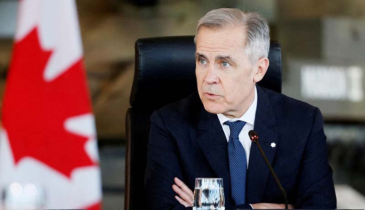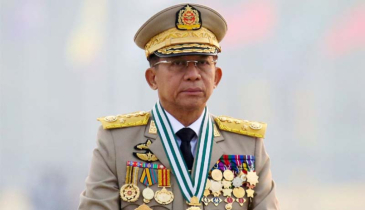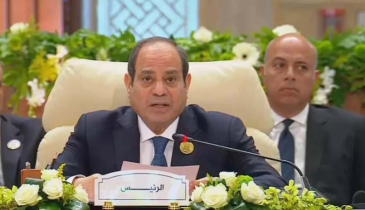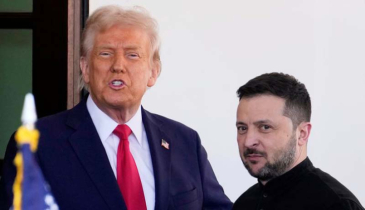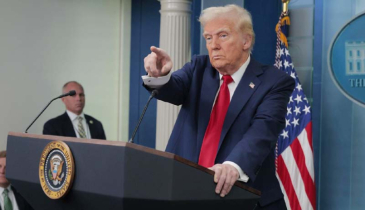Asian countries seek negotiations with US on Trump's tariffs
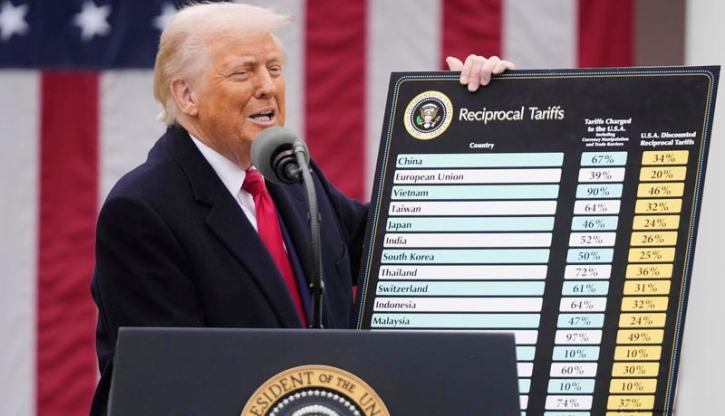
In response to sweeping new tariffs imposed by US President Donald Trump, several Asian nations are preparing to engage in trade negotiations with Washington to mitigate the potential impact on their economies.
Indonesia has voiced its willingness to enter into talks with President Prabowo Subianto assuring the public that while the trade war is having an impact, the country remains resilient. “We are calm and confident in our strength. We will negotiate with all countries, including the United States,” he said, as reported by local media on Monday.
Following the imposition of 49% tariffs on Cambodian exports, Prime Minister Hun Manet announced plans to dispatch a delegation to Washington to seek a resolution.
In South Korea, Acting President Han Duck-soo stated that the government intends to send its trade minister to the US promptly to initiate discussions.
Philippine Trade Secretary Cristina Roque also confirmed efforts to schedule a meeting with her American counterpart, while Thailand’s Deputy Prime Minister Pichai Chunhavajira is preparing to travel to the US in the coming days for similar talks.
Bangladesh’s interim government leader, Muhammad Yunus, has formally requested a three-month delay in the implementation of US tariffs on Bangladeshi goods, hoping to allow time for negotiations.
Japanese Prime Minister Shigeru Ishiba expressed concerns about the additional 24% tariffs levied on Japanese products. In a statement from the Prime Minister’s Office, he warned that these measures could hinder Japanese investments in the United States. “Japan has been the largest foreign investor in the US for five years running,” he emphasized, adding that the new tariffs may undermine this position.
Meanwhile, Malaysia is taking a more cautious approach. Minister of Investment, Trade and Industry Tengku Zafrul Aziz indicated that Malaysia is not currently considering retaliatory actions. Prime Minister Anwar Ibrahim earlier stated that Malaysia would pursue a calm and firm resolution aligned with its national interests.
Trump’s recent announcement includes reciprocal tariffs on goods from over 180 countries, with rates ranging from 10% to 50%. The move has triggered international responses, with many nations—including those in the European Union—signaling their intention to seek negotiations with the United States.
According to White House National Economic Council Director Kevin Hassett, over 50 countries have already reached out to begin discussions on the tariffs.
.png)


